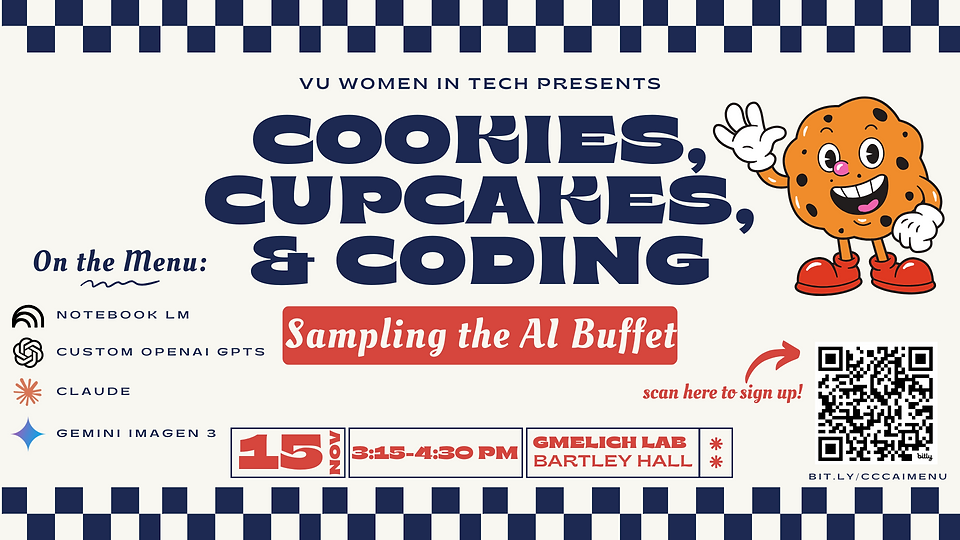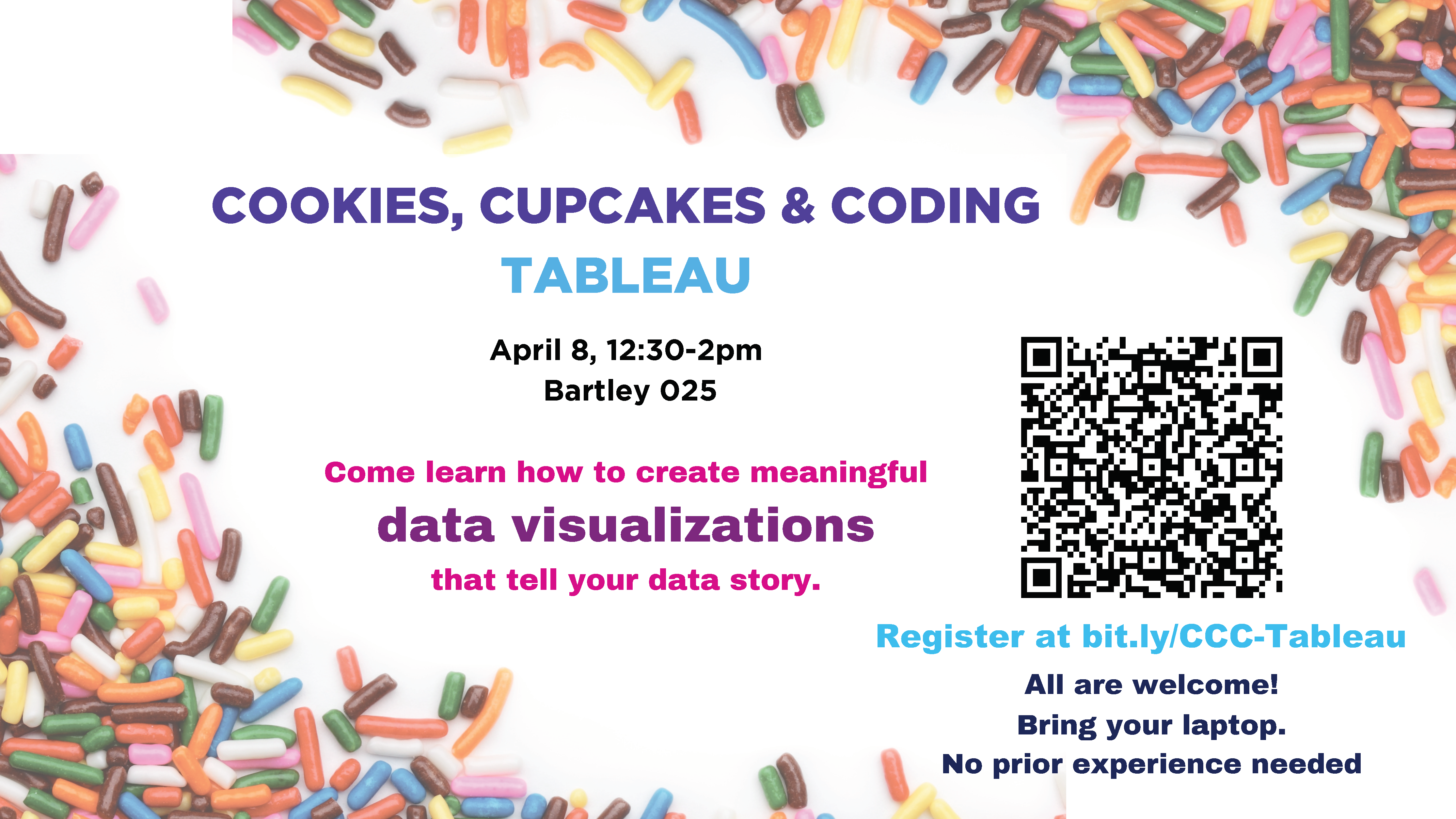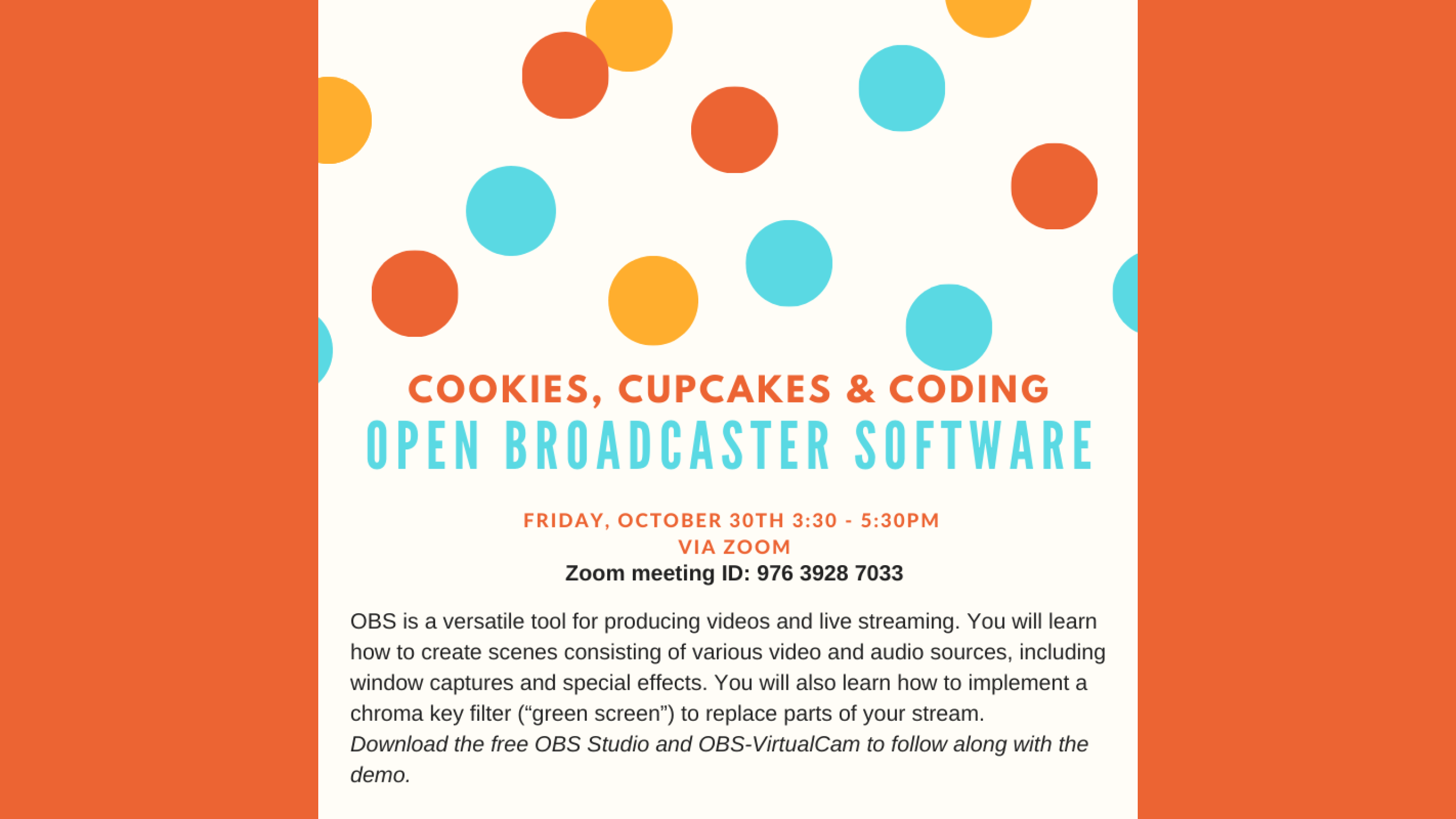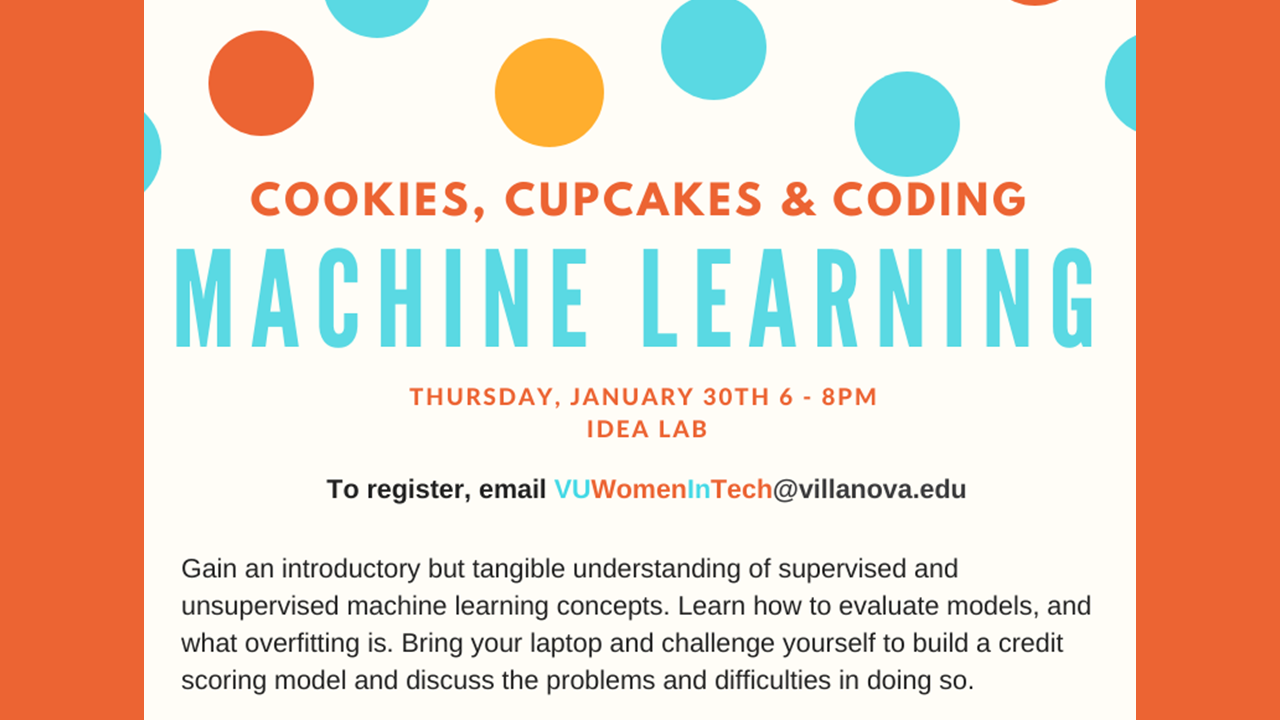The Role of Taxes in the Rise of ETFs
Review of Financial Studies, Volume 38, Issue 10, October 2025, Pages 2988–3039
Abstract: This paper argues that a lesser-known yet economically significant tax-deferral feature of ETFs' security design is crucial to their success. By relying on the in-kind redemption exemption, authorized participants help ETFs avoid distributing capital gains and reduce their tax overhang, partly by deploying heartbeat trades. We estimate that the ETF tax efficiency has increased long-term investors' after-tax returns by 1.05% per year relative to mutual funds in recent years. Exploiting cross-sectional and time-series variations in investors' tax burden, we show that tax efficiency is a significant driver of capital migration by high-net-worth investors from mutual funds into ETFs.









